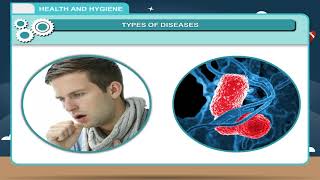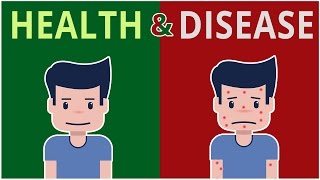Saturday, 10 January, 2026г.
















Где искать: по сайтам Запорожской области, статьи, видео ролики
пример: покупка автомобиля в Запорожье
how to recognize vulva cancer symptoms
How to Recognize Vulva Cancer Symptoms.
Although all women are at risk for cancer of the vulva, this disease is very rare. Despite the fact that few women will actually ever develop vulvar cancer, it’s advisable to know and recognize the signs of it. If you find any symptoms, your doctor will need to confirm a diagnosis of vulvar cancer. Treatment for the disease is often successful, depending on its severity.
Part 1 Recognizing the Symptoms of Vulvar Cancer.
1. Identify potential symptoms. Vulvar cancer may not present any symptoms in its early stages, but some signs may be present. Identifying potential symptoms that you have can help you get a diagnosis and treatment as soon as possible.
Symptoms or signs of vulvar cancer include unusual growths, itching or tenderness of the vulvar skin, and bleeding.
Pay attention to the health of your vulva over time so that you know what is normal for you and can easily identify any irregularities.
2. Be aware of your risk for vulvar cancer. The exact cause of vulvar cancer isn’t known, but doctors know that certain factors and behaviors can increase your risk of getting vulvar cancer. Being aware of your risk for this disease can help you recognize it and get a diagnosis and treatment in a timely manner.
Your risk increases with age, with the average age of diagnosis for vulvar cancer 65.
Exposure to the sexually transmitted disease human papillomavirus, or HPV, can increase you risk of vulvar cancer.
Smokers may be at a higher risk for contracting vulvar cancer.
Having HIV will weaken your immune system and make you more susceptible to vulvar cancer.
A history of precancerous or skin conditions of the vulva, such as lichen sclerosis, can increase your risk of getting vulvar cancer.
3. Feel for lumps or other irregularities in your vulva. Lumps and other irregular growths can indicate vulvar cancer. Gently feeling your vulvar area with your fingers can help identify any unusual growths.
Don’t feel uncomfortable or self-conscious touching your vulva. You’re not doing anything wrong and helping to protect your health.
Gently touch the various parts of your vulva to feel for any irregular growths or anomalies such as lumps or wart-like lesions. Make sure to feel inside of the labia as well.
It’s a good idea to feel your vulva regularly so that you know what is normal for you.
See your doctor as soon as possible if you notice any of these symptoms.
4. Observe pain, itching, or bleeding. Pay attention to your body for any unusual or extended itching, burning, or bleeding. These symptoms can indicate vulvar cancer, especially if they don’t go away.
Watch for any lingering pain in your pelvic area, in particular when you urinate or have sex.
Look for any bleeding that is not related to a menstrual period, which can be a sign of vulvar cancer.
See your doctor as soon as possible if you observe any of these symptoms.
READ MORE https://secrethealthypedia.blogspot.com/
Note :
Acknowledgements
This presentation contains images that were used under a Creative Commons License. Click here to see the full list of images and attributions:
https://link.attribute.to/cc/485281
names of diseases, categories of diseases, diseases, diagnoze, sympton, nutrition, doctor, nurse, therapy, drug, disease examples, what are the 4 types of diseases, list of diseases in humans, disease definition biology, different types of diseases and their causes, causes of diseases, what is good health, importance of health, health magazine, health news, types of health, 3 definitions of health, list of foods, food network, types of food, american food, healthy food
Теги:
names of diseases diseases diagnoze sympton nutrition doctor nurse therapy drug disease examples list of diseases in humans disease definition biology different types of diseases and their causes causes of diseases what is good health importance of health health magazine health news types of health 3 definitions of health list of foods food network types of food american food healthy food how to recognize vulva cancer symptoms
Похожие видео
Мой аккаунт


 У вашего броузера проблема в совместимости с HTML5
У вашего броузера проблема в совместимости с HTML5


